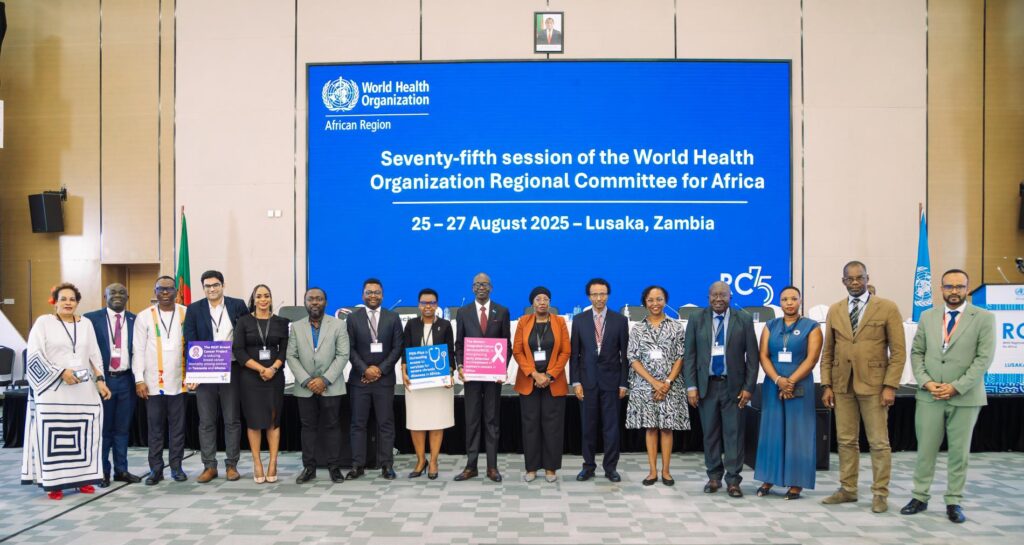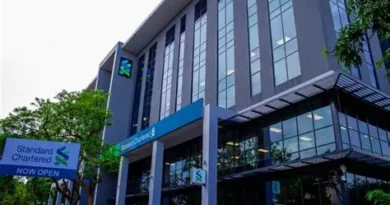African Leaders Push for Urgent Investment in Women’s Cancer and NCD Services
African health ministers and partners are urging increased investment in integrated health services to tackle the rising burden of severe noncommunicable diseases (NCDs), with a focus on women and underserved populations across the continent.
Speaking at a high-level side event during the 75th session of the WHO Regional Committee for Africa, delegates highlighted the urgent need for equitable access to prevention, screening, treatment, and rehabilitation services. Disparities are particularly acute in rural areas, where infrastructure and healthcare provision remain limited.
Breast and cervical cancers remain leading causes of cancer-related deaths among women in sub-Saharan Africa. Cervical cancer, which is both preventable and treatable, accounted for nearly a quarter (23%) of the 76,000 global deaths in 2022. Meanwhile, severe NCDs such as Type 1 diabetes, sickle cell disease, and heart conditions claim over half a million lives annually, disproportionately affecting children, adolescents, and young adults in some of Africa’s poorest communities.
Delegates stressed that improving cancer care requires urgent investment in leadership, governance, and financing. Strengthening health systems, enhancing workforce capacity, and ensuring equitable access to screening, diagnostics, and treatment are critical.
Successful integrated models were showcased, including the Women’s Integrated Care for Cancer Services (WICS), the BEAT Breast Cancer Project, and the PEN-Plus Strategy. WICS has strengthened early detection and treatment of women’s cancers in Côte d’Ivoire, Kenya, and Zimbabwe, while the BEAT initiative reduces breast cancer mortality in Ghana and Tanzania through timely diagnosis and comprehensive care. PEN-Plus expands access to severe NCD services at district hospitals, with over 15,000 patients currently receiving treatment for chronic conditions across 20 African countries.
“PEN-Plus, WICS, and the BEAT Breast Cancer Initiative set a new standard of care rooted in equity, access, and health justice. Countries must prioritise policies that embed these models into broader health system strengthening,” said Dr Mohamed Janabi, WHO Regional Director for Africa.
Côte d’Ivoire exemplifies progress with high HPV vaccination coverage, over three million girls vaccinated (91.4%), combined with community-based screening campaigns supported by WICS. In Kenya, cervical cancer screening has been integrated into national health services.
Dr Somesh Kumar, Senior Director at Jhpiego, added, “This gathering marks a pivotal moment to accelerate action for breast cancer prevention in Africa. Strong leadership and partnerships are essential to strengthening women’s cancer services and advancing a health-systems approach to NCD care.”
The event reinforced calls for sustained funding, cross-country collaboration, and the adoption of innovative, equitable models to combat NCDs across Africa.



